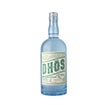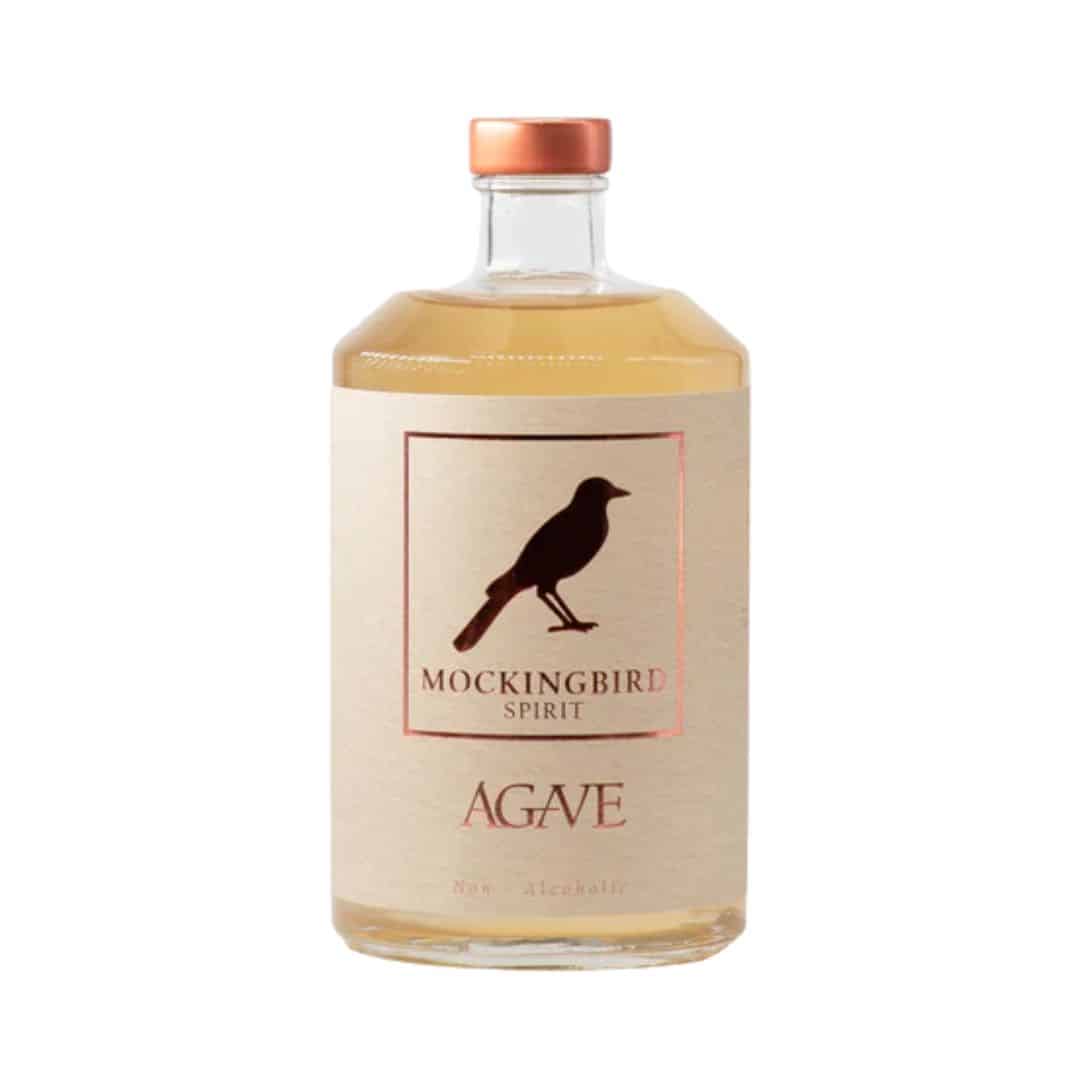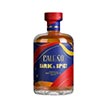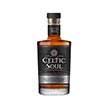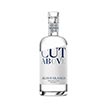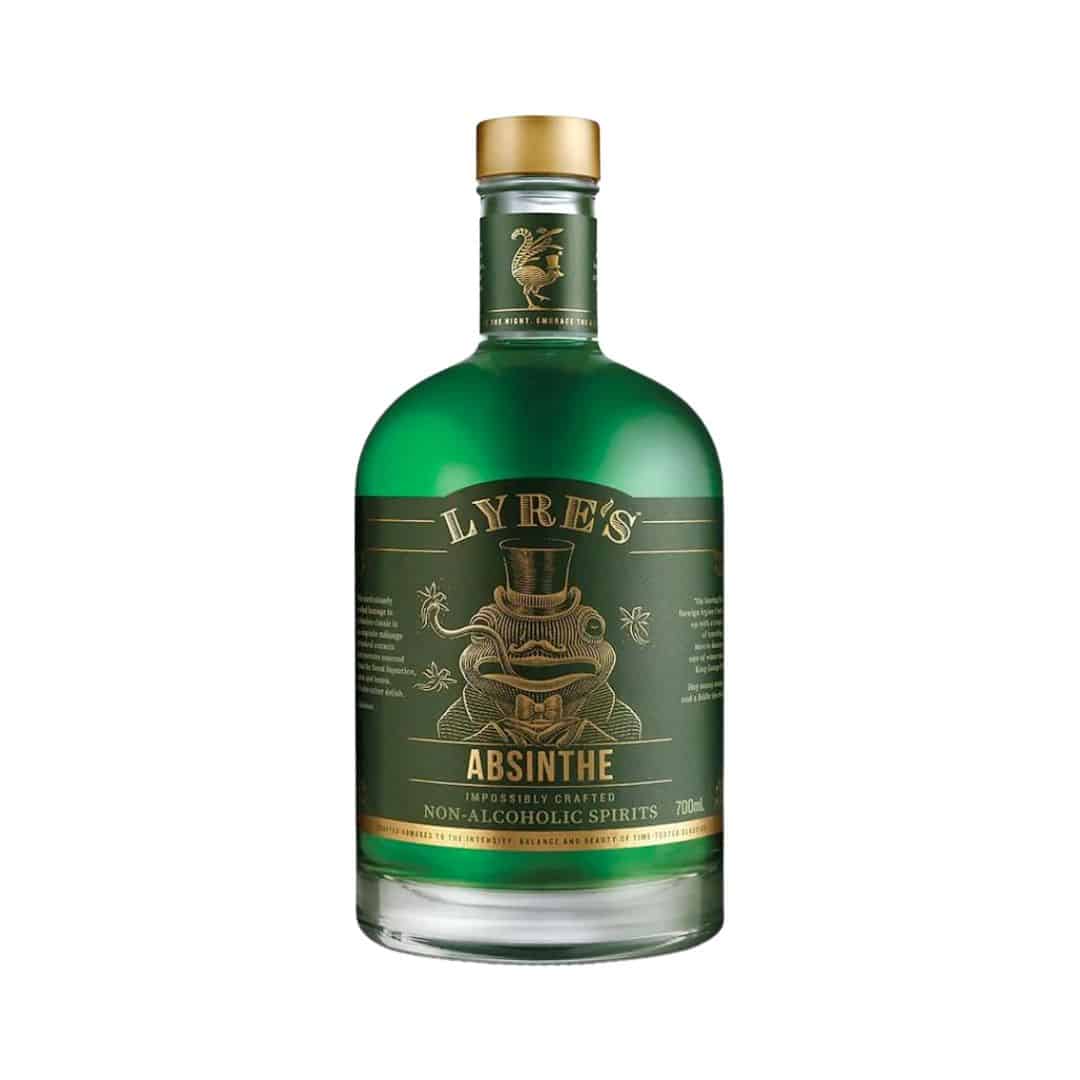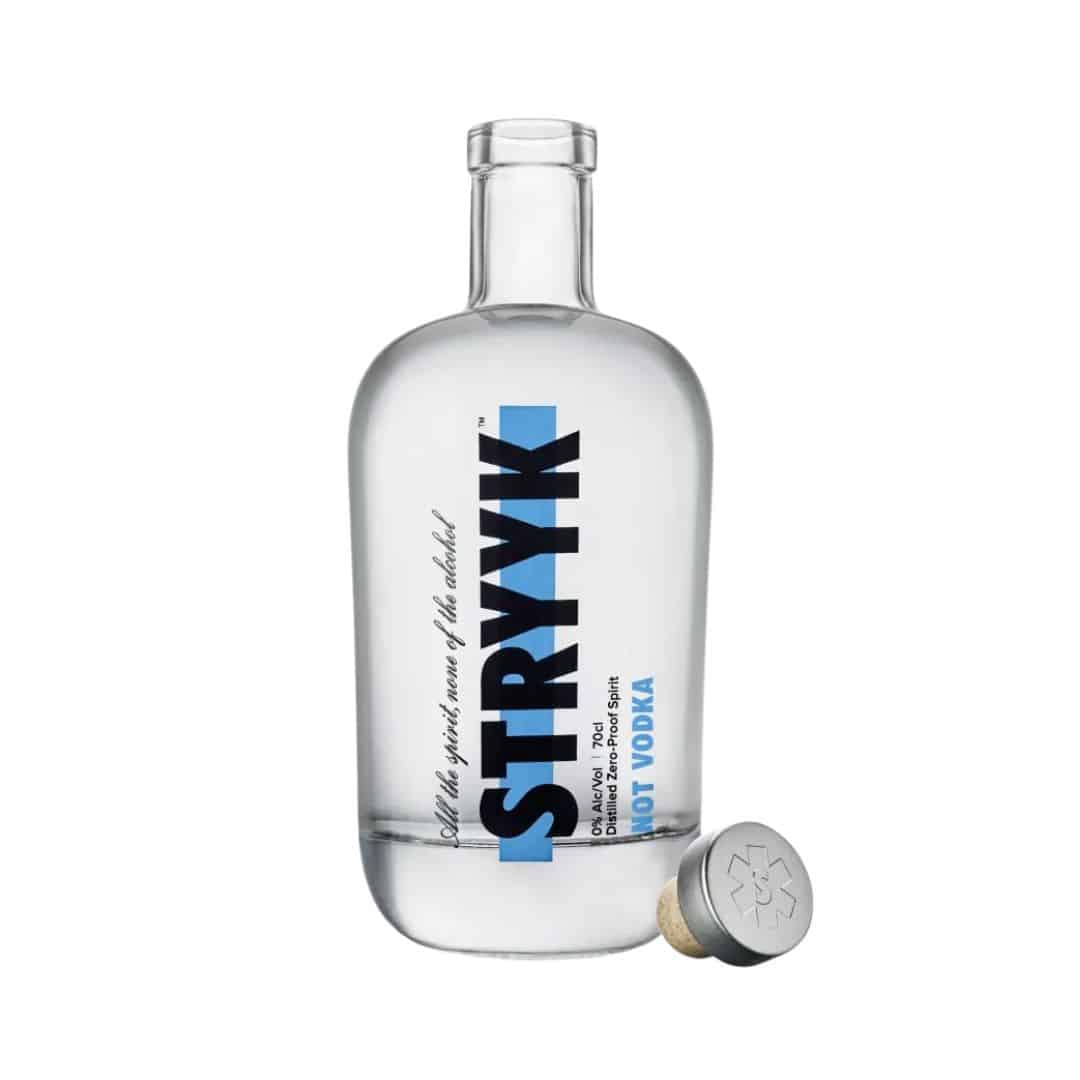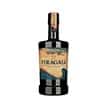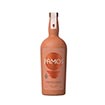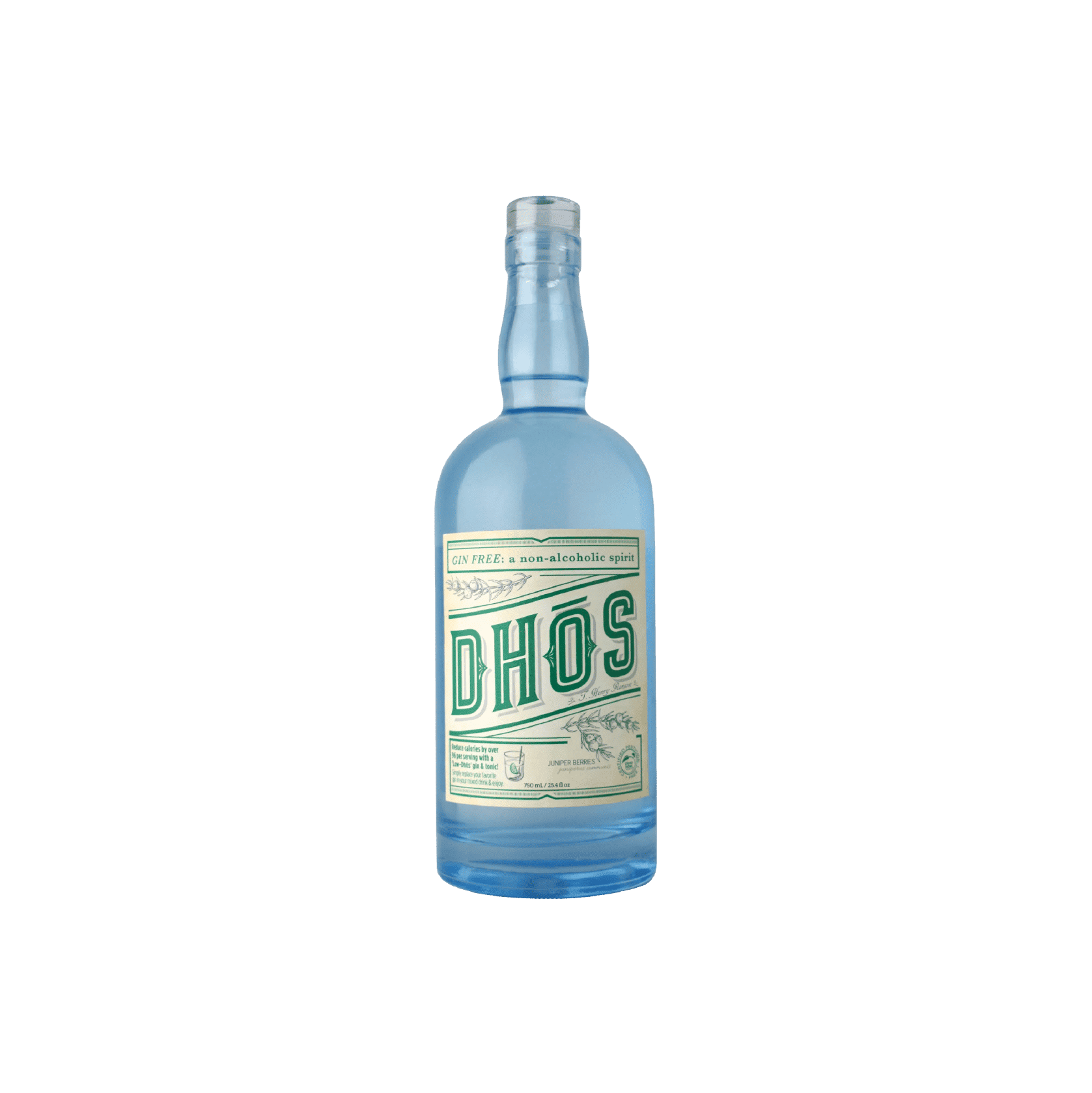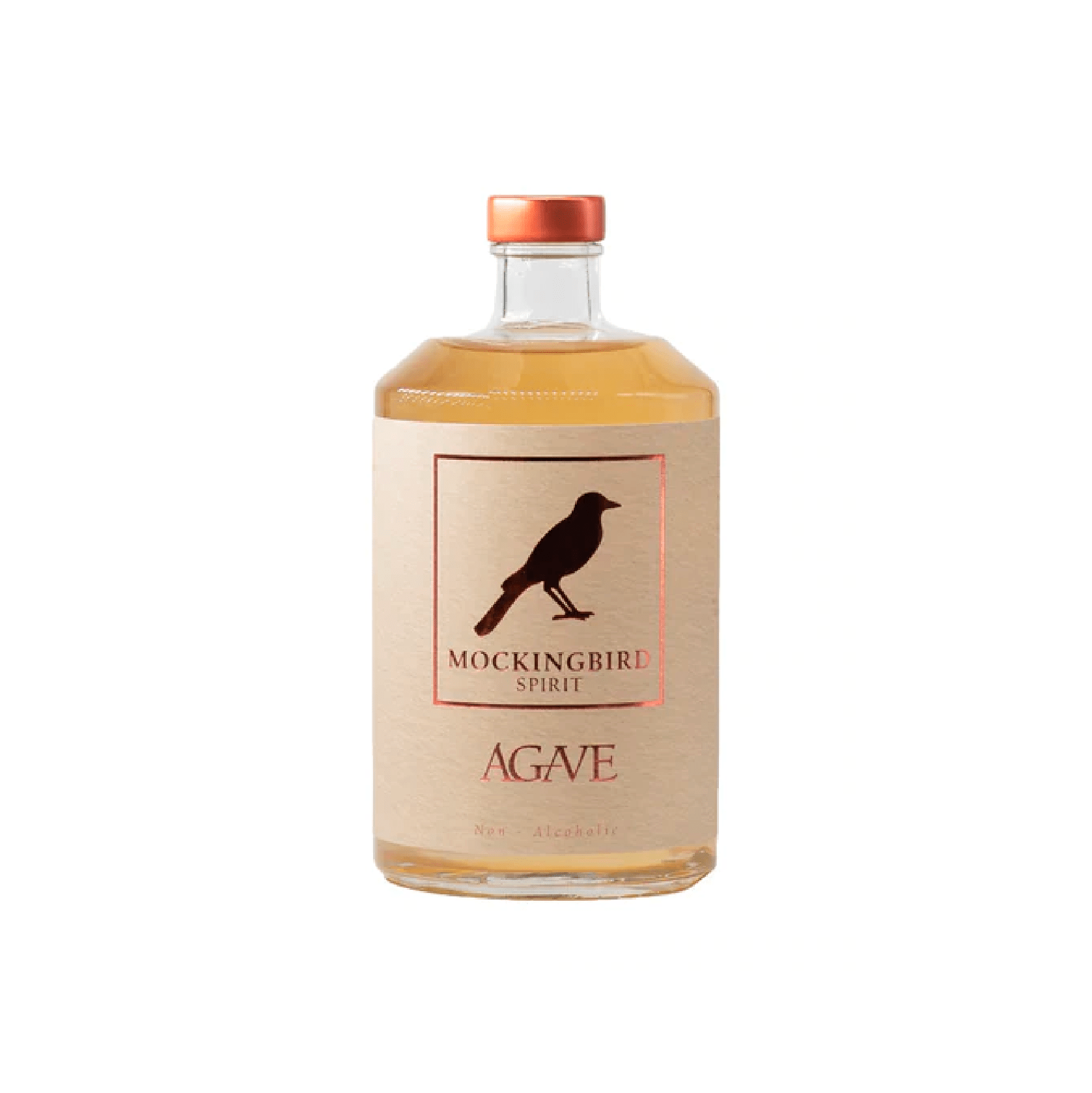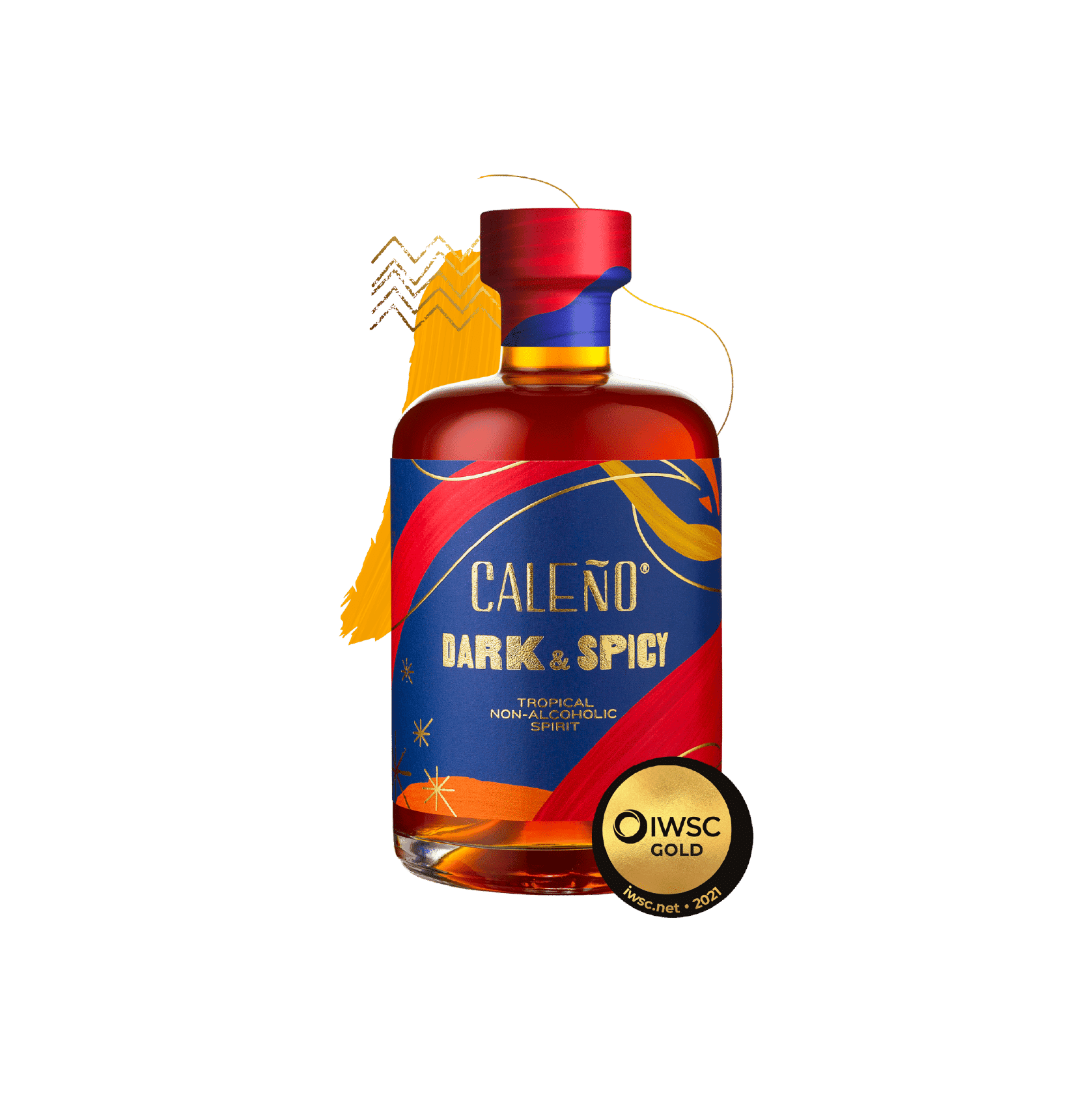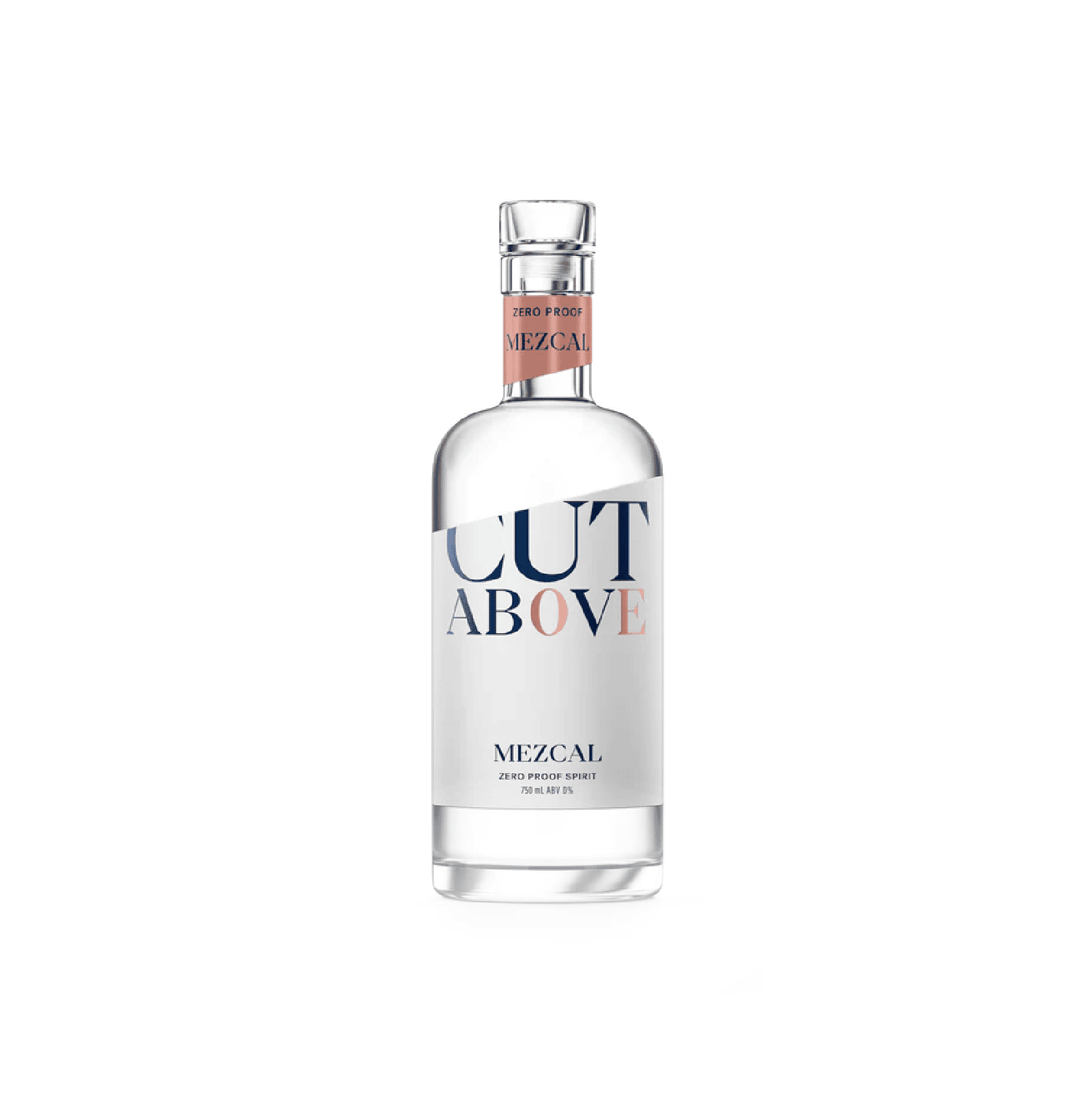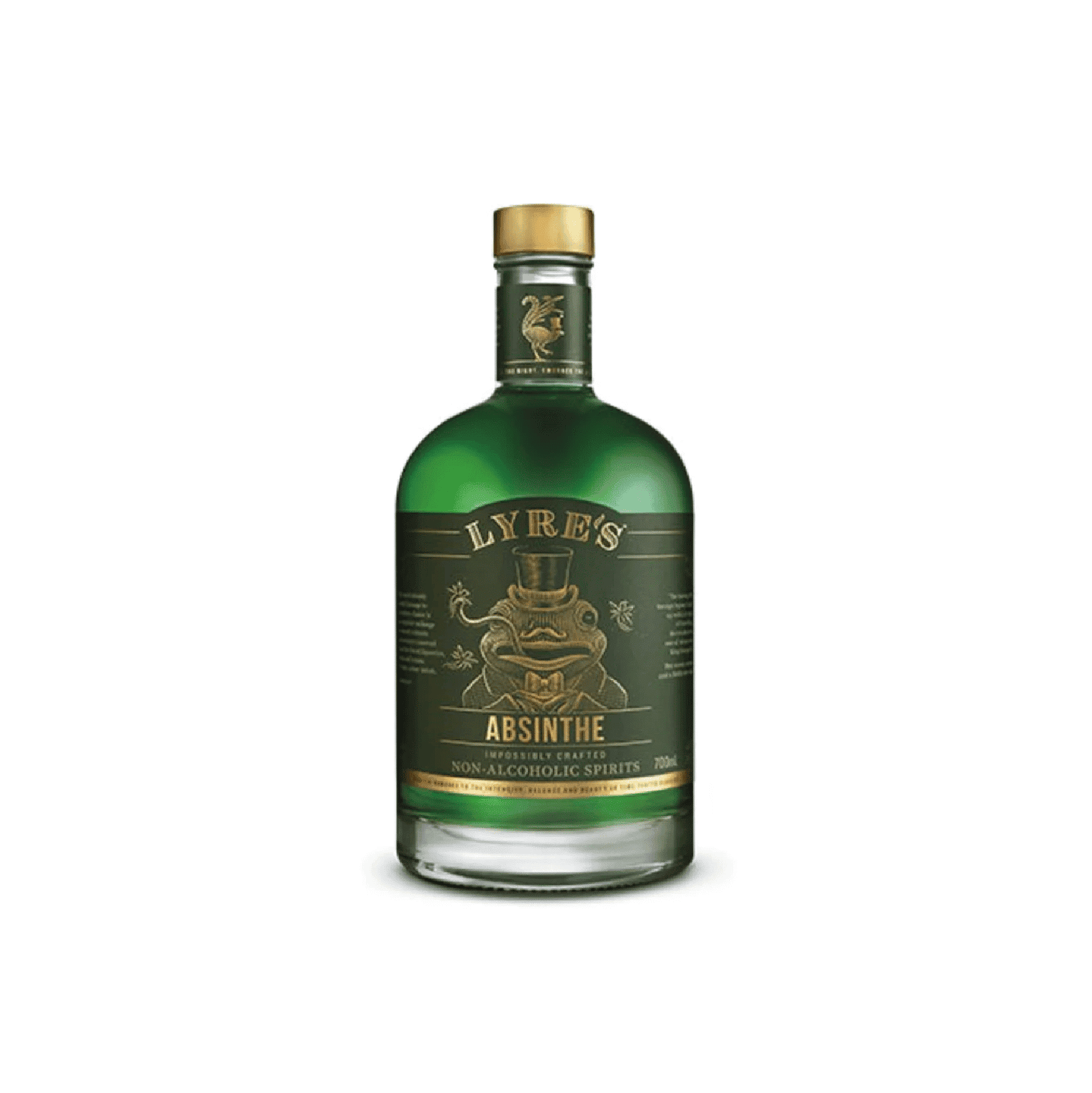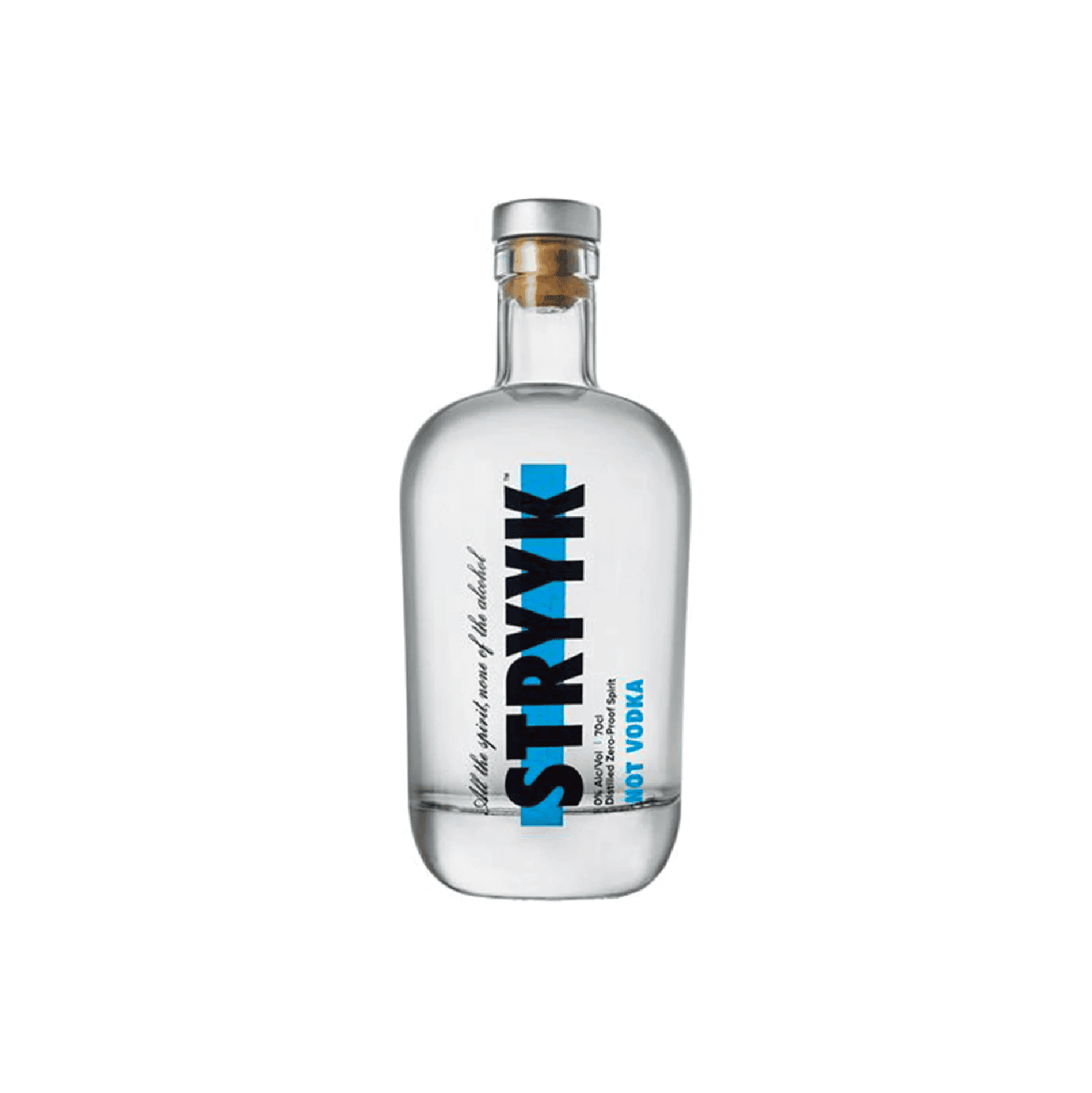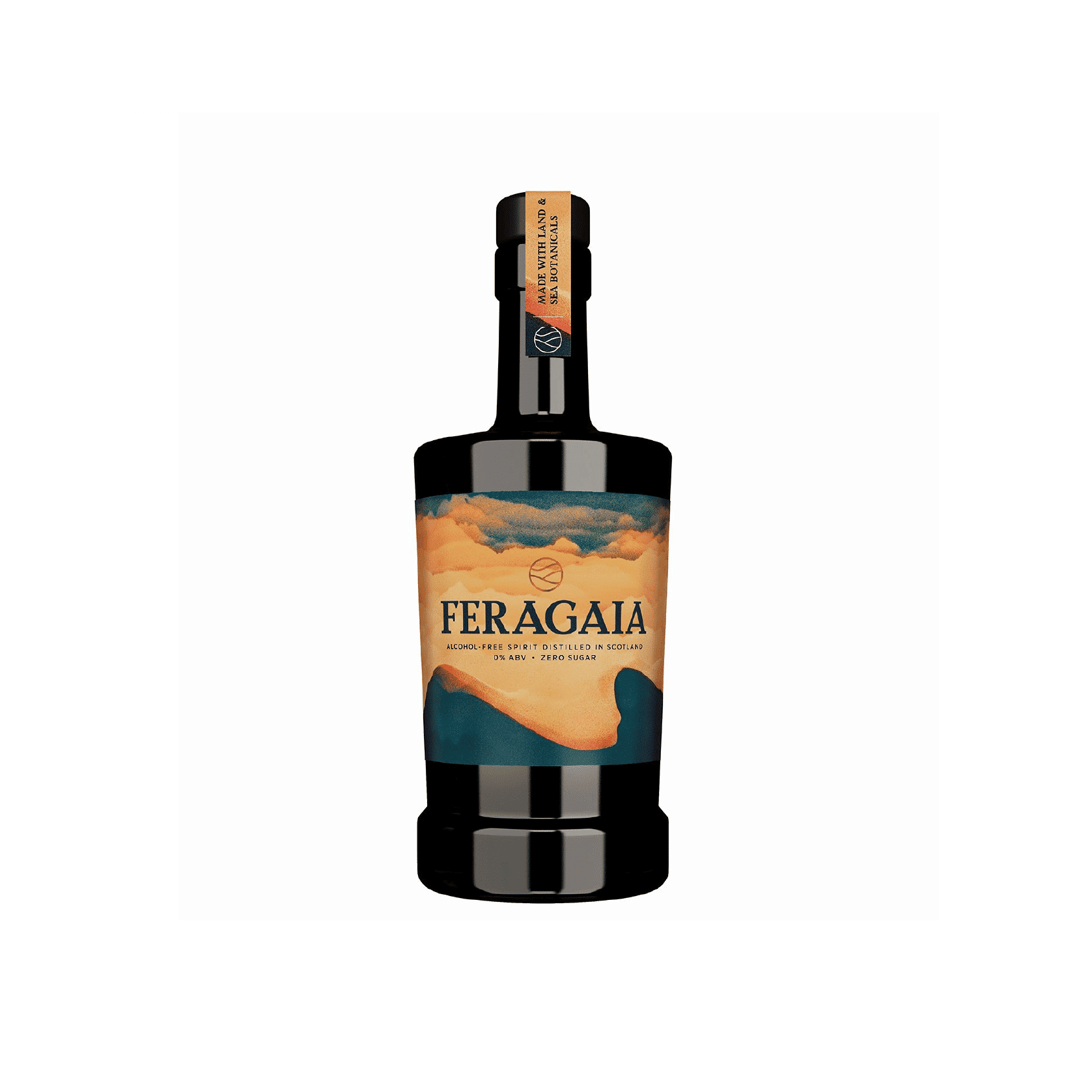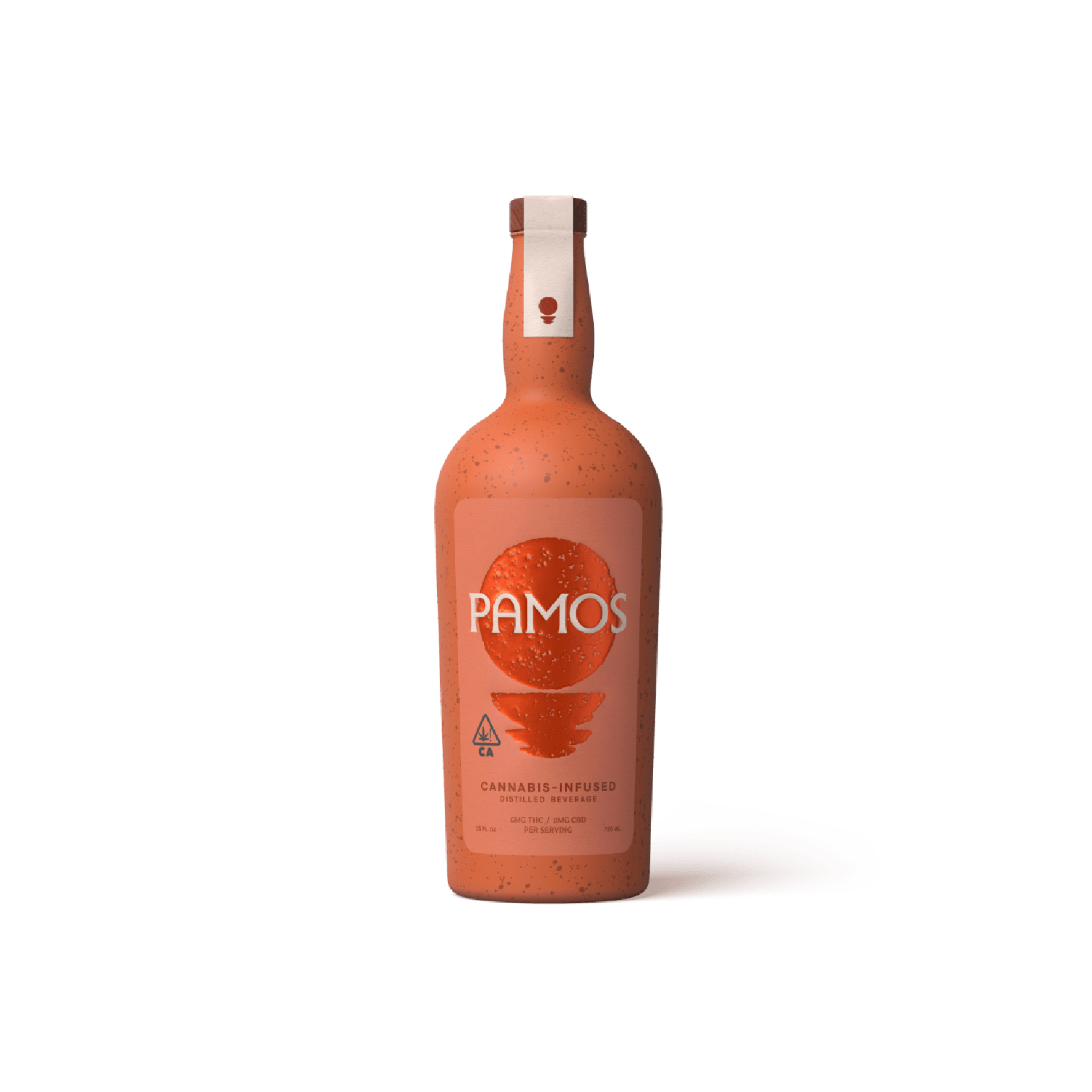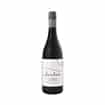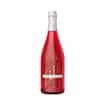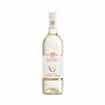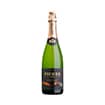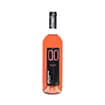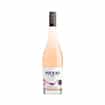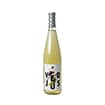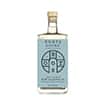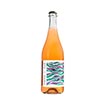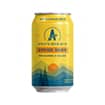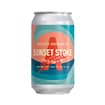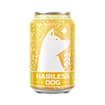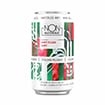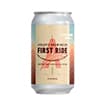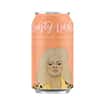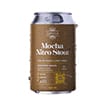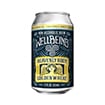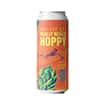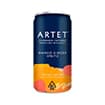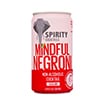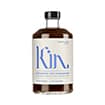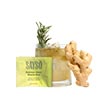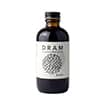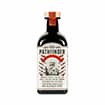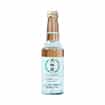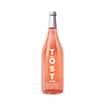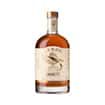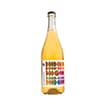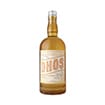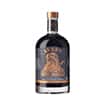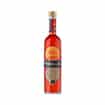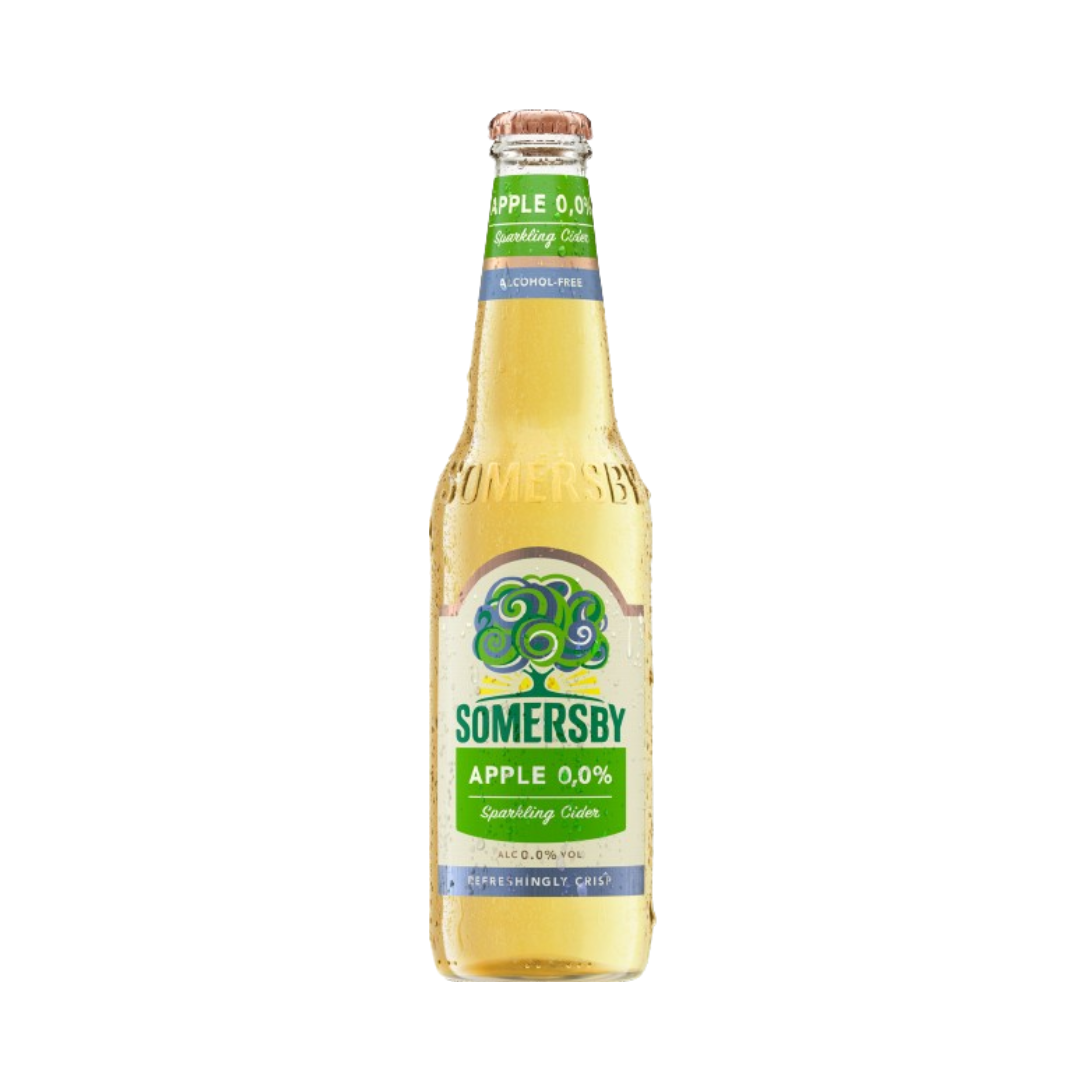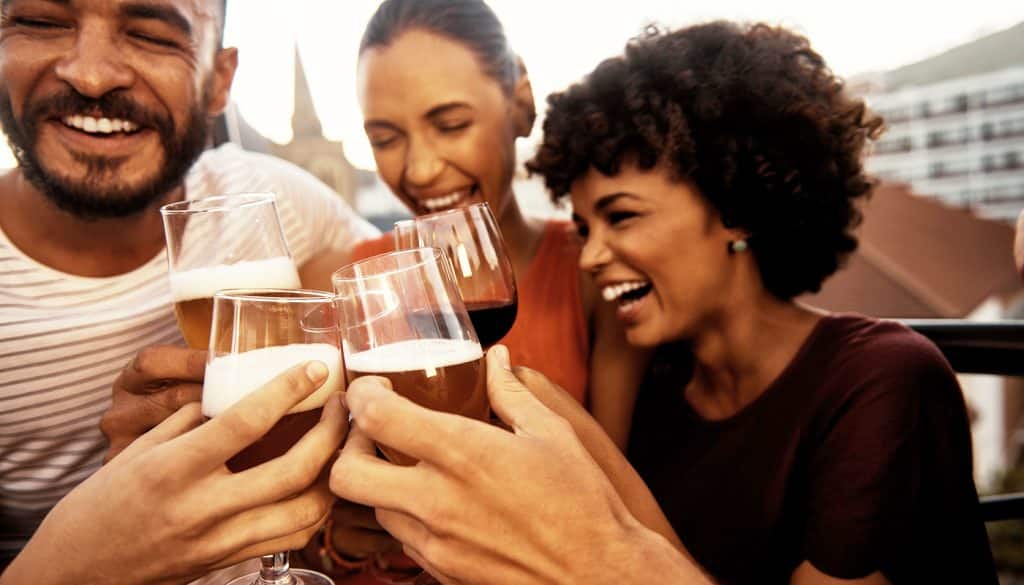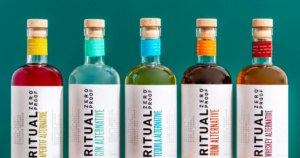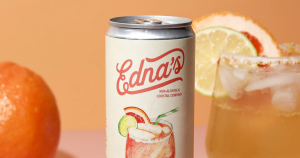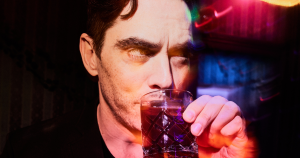Those of us in the mindful drinking community often extol the many benefits of non-alc drinks versus their alcoholic counterparts. You feel better the next morning. You sleep better. Your health improves. You get to keep the social rituals you enjoy without the harmful ingredient. It’s all true, but it’s also all pretty well worn territory.
What we don’t often do a good job of addressing is what you forgo when you reduce or refrain from consuming alcohol: the actual feeling of intoxication. Despite the many benefits of alcohol reduction, there is one major inescapable omission: inebriation.
If I’m going to extol the benefits of mindful drinking, I need to address intoxication head on.
When you drink the products we sell at Spirited Away and via Dry Atlas, you will not feel intoxicated. Well, okay, some people report feeling the placebo effect of “phantom tipsiness” because their bodies so strongly associate the taste of wine, for example, with intoxication that they begin to feel slightly tipsy even without consuming alcohol.
And some non-alc drinks contain other so-called “functional” ingredients like kava, CBD and other adaptogens and nootropics that may give you a buzz or a feeling of calm. But let’s be clear: it’s not drunkenness. Non-alc drinks will not get you drunk. For healthy adults, studies have shown it’s scientifically impossible to get drunk even from consuming multiple non-alc drinks at the maximum legal alcohol content of 0.5% ABV.
So let’s unpack the feeling of intoxication. At its heart, alcohol is a central nervous system depressant. CNS depressants operate by affecting the neurotransmitter gamma-aminobutyric acid (GABA), which results in relaxation, drowsiness and decreased inhibition.
Cast in the most positive and charitable light, these chemical changes in the brain might result in some or all of the following:
- Other people become more attractive
- Jokes become funnier
- One’s dancing / singing / bowling / etc. skills improve
- New friendships form more easily
- Music sounds better
- One feels more present and in the moment
Cast in a different light — one I’d argue is more accurate — these same chemical changes might result in some or all of the following:
- Slowed brain function
- Slower reaction times
- Feeling less intelligent
- Being less articulate
- Impaired judgment and decision making
- Slurred speech
- Drowsiness
I submit that all the above positive and negative effects of alcohol are merely different manifestations of a single, predictable set of related effects: decreased anxiety, increased confidence and lowered inhibitions.
Alcohol is an agonist of our brains’ GABA receptors, meaning that alcohol binds to certain GABA receptors in the brain, where it replicates the activity of the GABA. This activity causes sedation and/or relaxation, i.e. decreased anxiety, increased confidence and lowered inhibitions.
Considered in a vacuum, is the feeling of intoxication actually a good feeling? It’s complicated, but the answer depends on whether or not you struggle with high anxiety, low confidence and/or high inhibitions when you are not drinking. Moreover, it depends on the degree to which you have developed healthy, non-chemical strategies to lower your anxiety, increase your confidence and lower your inhibitions.
Of course some people have a need for and benefit from prescription medications including barbiturates, benzodiazepines, sleeping pills, etc. But many people can benefit from non-chemical strategies to reduce anxiety, increase confidence and release inhibitions.
Personally, I no longer enjoy the feelings of intoxication, although I used to back when I was younger and less confident. I have the feeling I’m not alone. To many of us, if we really stop and think about it, the feelings of inebriation themselves aren’t actually particularly good feelings. But we like a lot of the things that accompany drinking: socializing, partying, rebellion, shenanigans, etc., so booze gets a free ride.
I’ve written before about booze riding the coattails of social interaction. Long story short, all the health and longevity benefits of social gatherings are attributable to the socializing part and not the booze part. The booze is only beneficial if it creates socializing where none would have otherwise happened. Which, to its credit, it can and does.
If you’re reading this, however, you are probably open to the idea that social connections and gatherings can be richer and more enjoyable without the booze. So as we wrap Dry January 2023, my hope and belief for the future of mindful drinking is that we can continue to expand our community and help others to consider whether or not the feeling of being inebriated actually kinda sucks.

